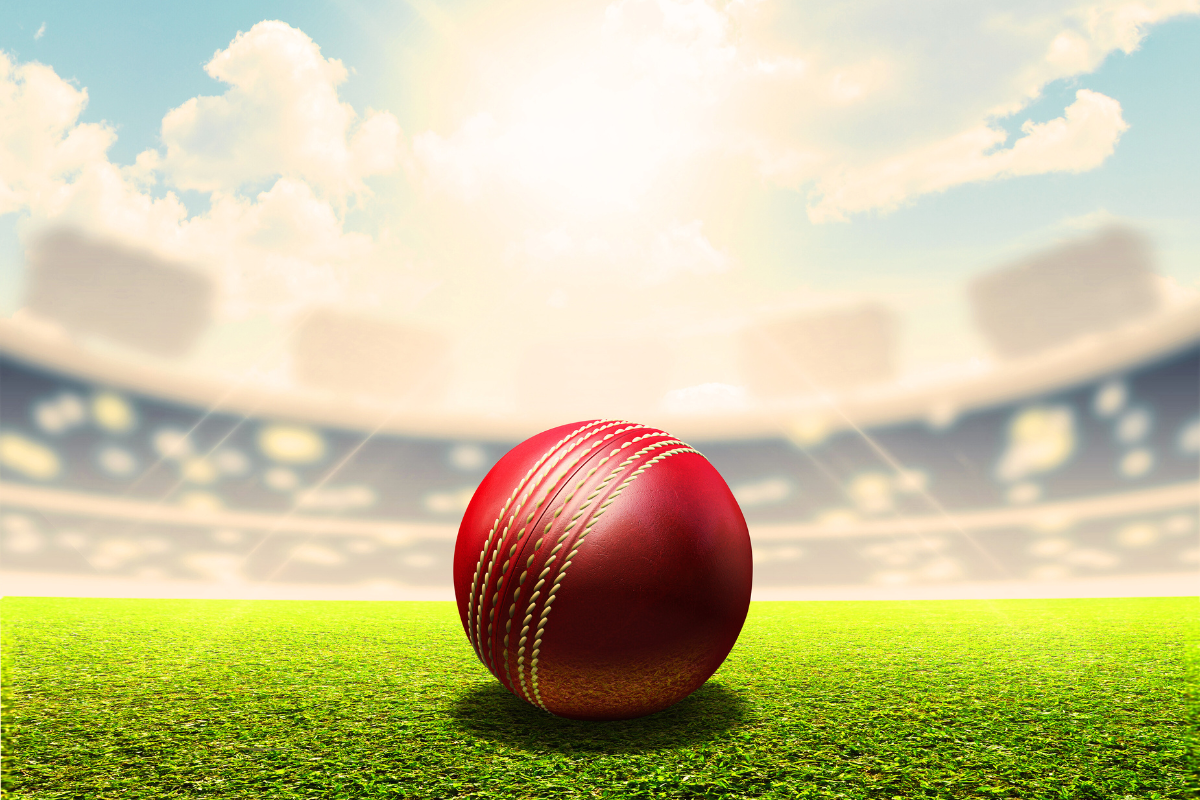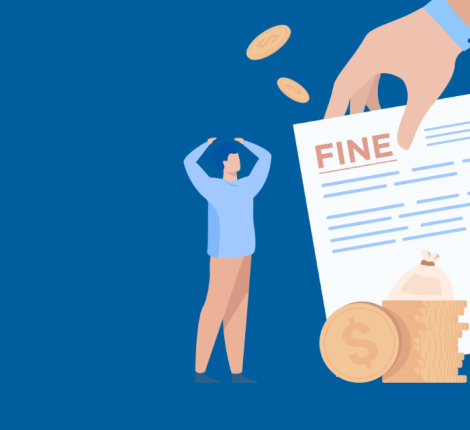IPR Newsletter – Unveiling the Intellectual Property Landscape of the IPL: July 2023
Introduction
The Indian Premier League (IPL) has emerged as one of the most popular and lucrative cricket leagues in the world. It has become synonymous with cricketing excellence, captivating fans worldwide with its thrilling matches and star-studded line-ups. However, the IPL’s success extends beyond the boundaries of the cricket field, as it strategically utilizes various Intellectual Property Rights (IPRs) to solidify its brand, commercialize its offerings, and engage with its passionate fan base. The IPL and IPRs share a symbiotic relationship that has been instrumental in shaping the league’s success and impact. IPRs serve as crucial assets for the IPL and its franchises, enabling them to protect their intellectual property, monetize their offerings, and create a distinct brand identity. At the same time, the IPL’s immense popularity and commercial viability have contributed to the heightened importance and value of IPRs in the realm of sports.
Why are IPRs important for IPL?
Intellectual Property Rights (IPRs) have unlocked numerous business opportunities within the IPL tournament, leading some to even refer to it as the Intellectual Property League. This prestigious cricket tournament has attracted substantial investments from individuals who contribute vast amounts of money towards their teams, including investments in team attire, shoes, and t-shirts. At every juncture, IPRs play a pivotal role in shaping the IPL, whether it’s through the protection of brand names, team names, team logos, or the utilization of taglines and slogans by various teams. By safeguarding these IPRs, the IPL gains popularity and retains its status as a highly successful sporting event. While Intellectual Property Rights may not always receive significant attention, their presence is vital to the substantial investments involved in organizing and executing the IPL, ultimately contributing to its resounding success.
1. Trademarks
Trademarks are an essential IPR in the IPL, as they protect the league’s logos, team names, and other distinctive symbols. They are crucial in building a strong brand identity for the IPL and its franchises. Trademarks also help in merchandise sales and licensing agreements, generating substantial revenue for the teams and the league. Each IPL team has its own unique trademark, which creates an association between the team and its fan base, encompassing its team name, logo, and associated symbols.
The IPL’s trademarks have proven to be lucrative assets, especially in the realm of merchandise sales. Licensed merchandise, including jerseys, caps, and other fan memorabilia, bear the trademarks of the IPL and its franchises. This allows fans to show their support and affiliation with their favourite teams, while also generating substantial revenue for the league and the franchises.
These trademarks are protected under the Trademarks Act, 1999. The registration and enforcement of trademarks offer legal protection against unauthorized use, counterfeiting, and infringement. The IPL and its teams actively monitor and take action against any misuse or dilution of their trademarks, ensuring the exclusivity and integrity of their brands. This protection not only preserves the league’s commercial interests but also upholds its reputation and authenticity.
For example, the Mumbai Indians’ trademark features their iconic blue-and-gold logo based on a Sudarshan Chakra, creating instant recognition and emotional connection with their fan base.
2. Copyrights
Copyrights play a significant role in protecting the broadcasting rights of IPL matches, which are highly sought-after by broadcasters. The exclusive copyrights granted by the BCCI enable broadcasters to showcase live matches on television, digital platforms, and through live streaming services. In recent years, digital platforms and live streaming services have emerged as key players in broadcasting IPL matches. Copyrights enable the IPL to enter into agreements with these platforms, allowing fans to access live matches and other IPL content online.
For instance, Star Sports, the official broadcaster of the IPL, holds the copyrights to broadcast matches in India, allowing them to monetize the content through advertisements and subscriptions. However, through licensing agreements, the IPL has successfully partnered with various digital platforms to live stream matches, showcase highlights, and offer interactive experiences for fans. For instance, JioCinema for 2023.
3. Licensing and Merchandising
The IPL’s licensing and merchandising endeavours have been instrumental in building a connection with fans and driving commercial success. Licensing agreements enable third-party manufacturers and retailers to produce and sell official IPL merchandise, including jerseys, caps, keychains, and more. These agreements not only generate substantial revenue for the IPL and its franchises but also provide fans with an avenue to express their support and loyalty. For example, the Chennai Super Kings’ merchandise, adorned with the team’s vibrant yellow and blue colours, has become highly popular among fans, contributing to the team’s immense commercial success.
4. Sponsorships
Sponsorship deals form a vital part of the IPL’s revenue model, and IPRs play a pivotal role in these agreements. IPL franchises secure sponsorship deals with companies from various industries, ranging from technology and telecommunications to consumer goods and automotive sectors. These partnerships often involve displaying the sponsor’s logo prominently on team jerseys, stadium signage, and other promotional material. For instance, the Royal Challengers Bangalore’s partnership with Qatar Airways resulted in the sponsorship logo being displayed on the team’s jerseys, effectively increasing brand visibility for both parties and creating a mutually beneficial association.
5. Image Rights
Image rights are of immense value to IPL players, as their likeness and personal brand can contribute significantly to their off-field earnings. Players have the opportunity to enter into image rights agreements, allowing them to endorse products and services. For example, Mahendra Singh Dhoni, former captain of the Chennai Super Kings, has been associated with several brands, including lifestyle products and automotive companies, leveraging his image rights and popularity to create successful partnerships.
Interestingly, recently, 5 Cricketers including Mohammed Siraj and Harshal Patel approached the Delhi High Court to stop Fantasy Sports Platforms (OFS) from using NFTs (Non-fungible Tokens) bearing their names and images.
6. Personality Rights
Personality rights play a crucial role in enabling IPL players to capitalize on their popularity and personal brand. Top cricketers in the league are sought-after figures for brand endorsements and promotional campaigns. Their ability to control and monetize their personality rights allows them to enter into lucrative endorsement deals, appear in advertisements, and become the face of various products and services. Personality rights allow players to take legal action against unauthorized use or misrepresentation, protecting their image from exploitation and ensuring that they are associated only with brands and ventures they endorse.
7. Design Rights
Design rights play a significant role in protecting the unique visual aspects of products associated with the Indian Premier League (IPL), such as team logos, merchandise, trophies, and other design elements. Design rights are a form of intellectual property protection that safeguard the aesthetic appearance or design of functional or non-functional articles. Design rights can be protected through registration with the appropriate intellectual property office. By registering a design, the owner obtains exclusive rights to the visual features of the article for a specific period. In the IPL, teams often register their logos and other design elements to prevent others from using similar designs that could confuse consumers or dilute the team’s brand identity.
Conclusion
The IPL strategically harnesses a range of Intellectual Property Rights (IPRs) to enhance its brand recognition, commercialize its offerings, and create a strong connection with its fan base. Trademarks, copyrights, licensing and merchandising agreements, sponsorship deals, and image rights contribute to the league’s revenue generation and global appeal. By leveraging these IPRs effectively, the IPL continues to grow its brand value, strengthen its position as a premier cricketing event, and deliver an exhilarating experience to fans worldwide. The doctrine of prior use is a perplexing idea. There are various trademark laws that govern the registration and use of trademarks in various nations. Trademarks are a component of intellectual property rights, and in modern times, governments and individuals around the world are promoting the safe use of intellectual property rights so that original creators are not harmed by content theft. A trademark is a sign designed to distinguish the products or services of one business from those of other businesses. Protected innovation rights safeguard trademarks.
The protection of trademarks is an essential issue that may arise under intellectual property rights in the current era. Regarding trademarks, the concept of “prior use prevails” is prevalent in most nations today. Who should be allowed to use the trademark, the party that registered it first or the party that used it first, has been the subject of several court cases. This article will examine the Indian Trademarks Act and Section 34, as well as the associated case law.





